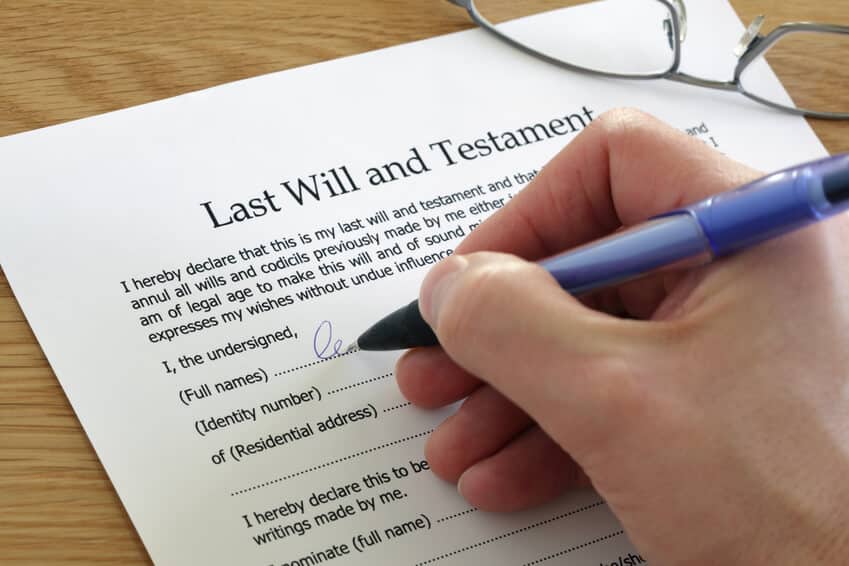A last will and testament is one of the most important tools in your estate plan. It gives you the power to decide who inherits your property, who will care for your minor children, and who will carry out your final wishes. Without a valid will, Georgia’s intestacy laws decide for you—and the outcome may not reflect what you would have wanted.
If you live in Georgia and want to make sure your family is protected and your wishes are honored, here’s how to write a legally sound will.
1. Understand What a Will Does
A will is a legal document that:
- Distributes your property after your death
- Names a personal representative (executor) to carry out your wishes
- Appoints a guardian for your minor children
- Can include instructions for funeral or burial arrangements
It does not avoid probate. However, a clear, legally valid will makes the probate process faster and easier.
2. Make a List of Assets and Heirs
Before you write your will, gather key information:
- Assets: real estate, bank accounts, vehicles, personal property, business interests
- Debts: mortgages, loans, credit card balances
- Beneficiaries: family members, friends, charities, or others you want to leave assets to
- Backup beneficiaries: in case someone you name dies before you
This helps you make informed choices—and avoid leaving out important details.
3. Name a Personal Representative (Executor)
Your personal representative will be responsible for:
- Filing the will with the probate court
- Paying debts and taxes
- Distributing assets according to your instructions
Choose someone trustworthy, organized, and capable of managing paperwork and timelines. You can also name a backup in case your first choice is unable or unwilling to serve.
👉 Read more about what a co-executor can (and can’t) do
4. Choose a Guardian for Minor Children
If you have children under 18, your will should name a guardian—someone you trust to raise them if something happens to both parents. Without this, the court will decide, and it may not be who you would choose.
You can also name a conservator to manage their inheritance separately, or use a trust to delay access until they reach a certain age.
5. Decide How You Want Assets Distributed
Be specific. You can:
- Leave fixed amounts or percentages
- Give specific items to certain people
- Include conditions or instructions
- Use “per stirpes” or “per capita” distribution methods
If you’re not sure what those terms mean, see our post on per stirpes vs. per capita inheritance
6. Make It Legal
In Georgia, a valid will must:
- Be made by someone age 14 or older
- Be in writing (typed, not oral)
- Be signed by the testator
- Be witnessed by two competent individuals
- Be made voluntarily and without undue influence
Although Georgia does not require wills to be notarized, it’s highly recommended to create a self-proving affidavit with a notary so the will can be admitted to probate more easily.
7. Keep It Updated
A will should be reviewed and updated:
- After marriage, divorce, or the birth of a child
- If a beneficiary dies
- If your financial situation changes
- At least every few years
Outdated wills can lead to confusion, delays, or unintended consequences.
Why a DIY Will May Not Be Enough
Online forms and DIY templates can seem convenient—but they often:
- Miss key legal requirements
- Use vague or outdated language
- Overlook Georgia-specific probate rules
- Don’t address complex family or asset situations
A will is too important to leave to chance. One error can lead to expensive litigation or misdirected assets.
👉 See our guide on DIY estate plans and why they can cause problems
Let Hurban Law Help You Draft the Right Will
At Hurban Law, LLC, we help Georgia residents create wills that are clear, legally sound, and tailored to their families. Whether you need a simple will or a comprehensive estate plan, we’ll make sure your wishes are protected—and your loved ones aren’t left with uncertainty.
Contact us today to get started with a consultation.





